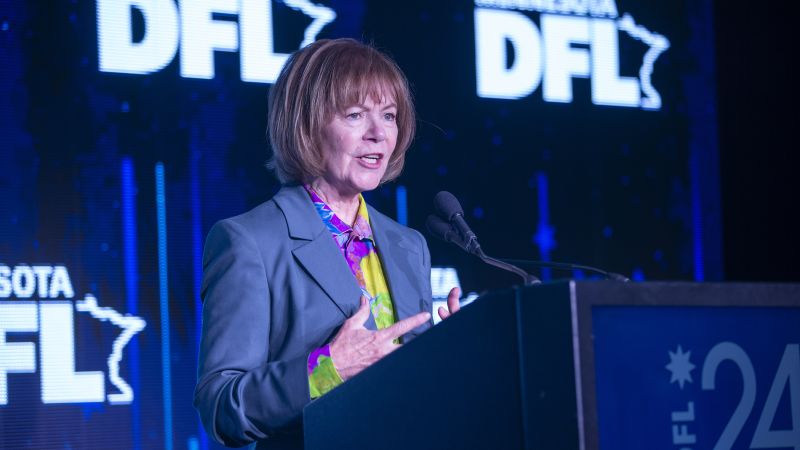Political Shift: Sen. Tina Smith Signals Exit from Senate Race in 2026

In a significant political development, Minnesota Senator Tina Smith has revealed her decision to step back from seeking reelection in 2026, potentially setting the stage for a dynamic and competitive Democratic primary battle. The announcement comes at a critical moment for Democrats, who are facing an increasingly challenging Senate landscape in the upcoming election cycle.
Smith's decision opens up an intriguing opportunity for ambitious Democratic candidates to vie for her Senate seat, signaling a potential shift in Minnesota's political representation. The move could spark intense internal party discussions and strategic maneuvering as potential successors begin to position themselves for what promises to be a closely watched race.
The senator's choice not to seek another term adds another layer of complexity to the already complex national political environment, where both parties are carefully calculating their strategies for maintaining or gaining Senate control. Democrats will now need to carefully consider their candidate selection and campaign approach to retain this crucial Senate seat.

